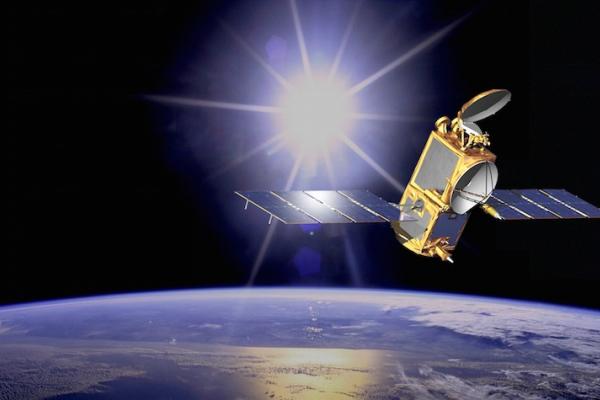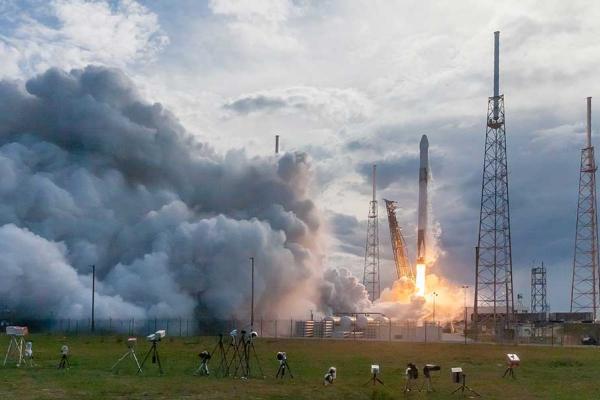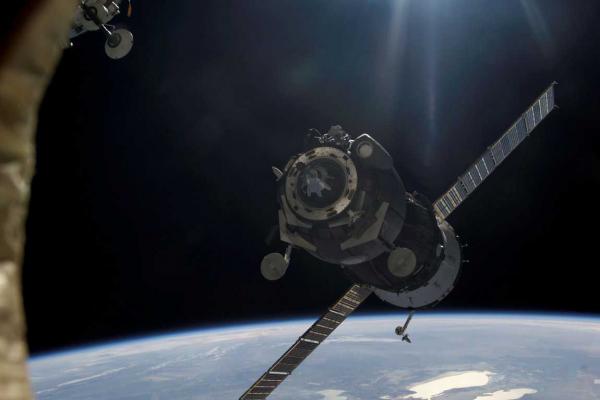The business of space
Private companies are increasingly active in the space sector – from high-profile businesses such as SpaceX or Virgin Galactic to the nearly 3,000 small businesses that provide elements for the European Space Agency’s space programme. In March, Horizon explores the impact of this on research and innovation. We speak to a space law researcher about how to avoid the problems emerging from an increasingly crowded orbit, such as collisions. We look at how to minimise the environmental impact of satellites and delve into efforts to build a reusable European launcher for small payloads. We also look at the challenge of assembling, maintaining and repairing objects in space and the developments in space robotics that could help.
Developing new propellants for satellites to replace toxic hydrazine would make launching and handling satellites safer but it also requires disrupting current systems, according to researchers.
The race is on to develop a European reusable rocket that can ensure Europe's autonomous and cost-effective access to space while increasing the sustainability of launches.
If you want to build or fix something in space, you might think you’d need a human to do it. But what if you didn’t? What if robotic spacecraft could be used to refuel satellites in orbit, add new instruments to outdated machinery and even build entire structures while in space?
We need to improve how we keep track of objects in space and predict where they will go in order to avoid collisions in Earth’s increasingly crowded orbit, according to Dimitra Stefoudi, a space law researcher from Leiden University in the Netherlands.
Bi-weekly news alert
The best Horizon stories, delivered to your inbox
Subscribe now





